In today’s rapidly evolving technological landscape, the field of audiology stands at the threshold of significant change, driven by the potential of Artificial Intelligence (AI). This potential shift is driven by AI’s ability to tackle longstanding issues in hearing healthcare, where new AI powered solutions could break through traditional barriers to meet the diverse and complex needs associated with hearing loss.
At NAL, we are leveraging AI, big data analytics and smart device technologies to refine personalized solutions, diagnostic tools and care delivery for people experiencing hearing difficulties. AI applications in hearing healthcare is one of our four research priorities.

See below to know more about our AI-led initiatives and projects:
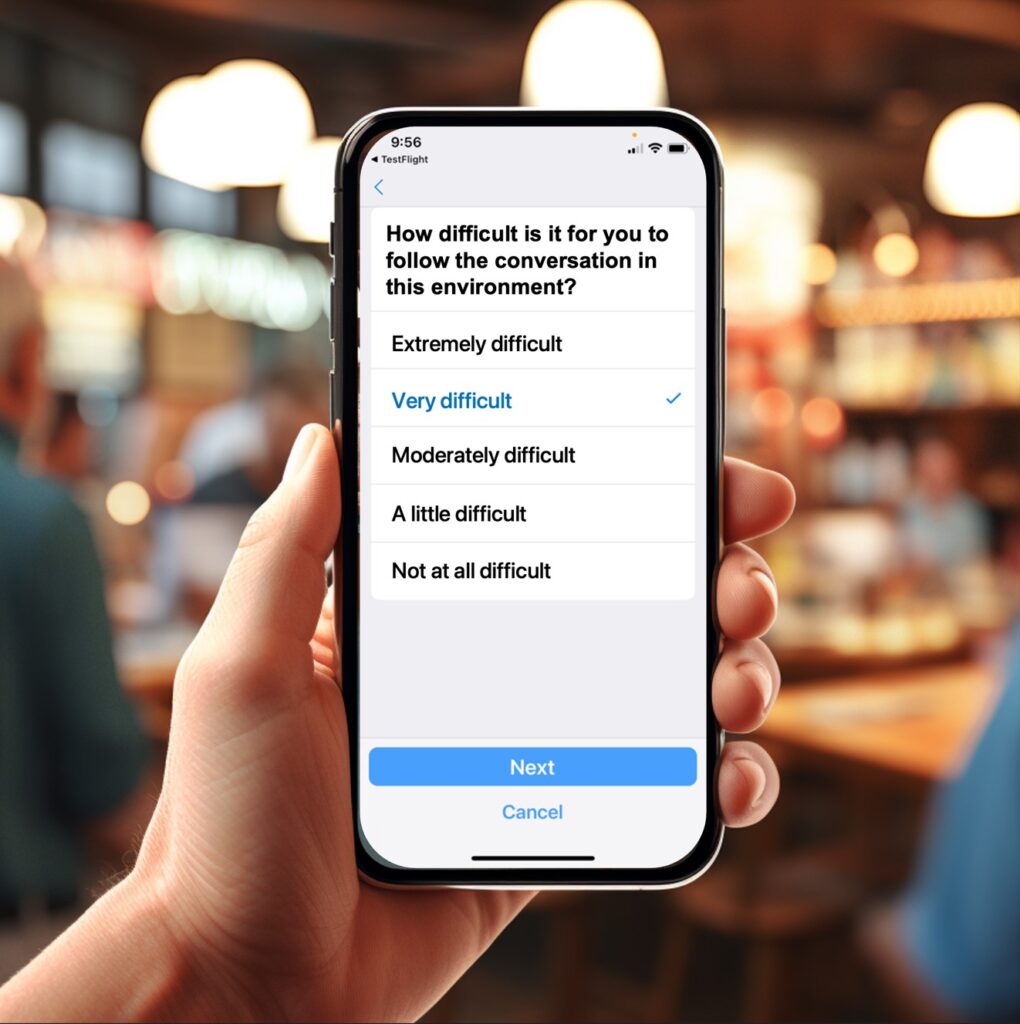
Project lead: Nicky Chong-White
The NEMA platform integrates a patient-based smartphone app to capture real-world hearing challenges and auditory environments, and a clinician/researcher data dashboard, employing AI to enhance insights and inform personalised treatment strategies.
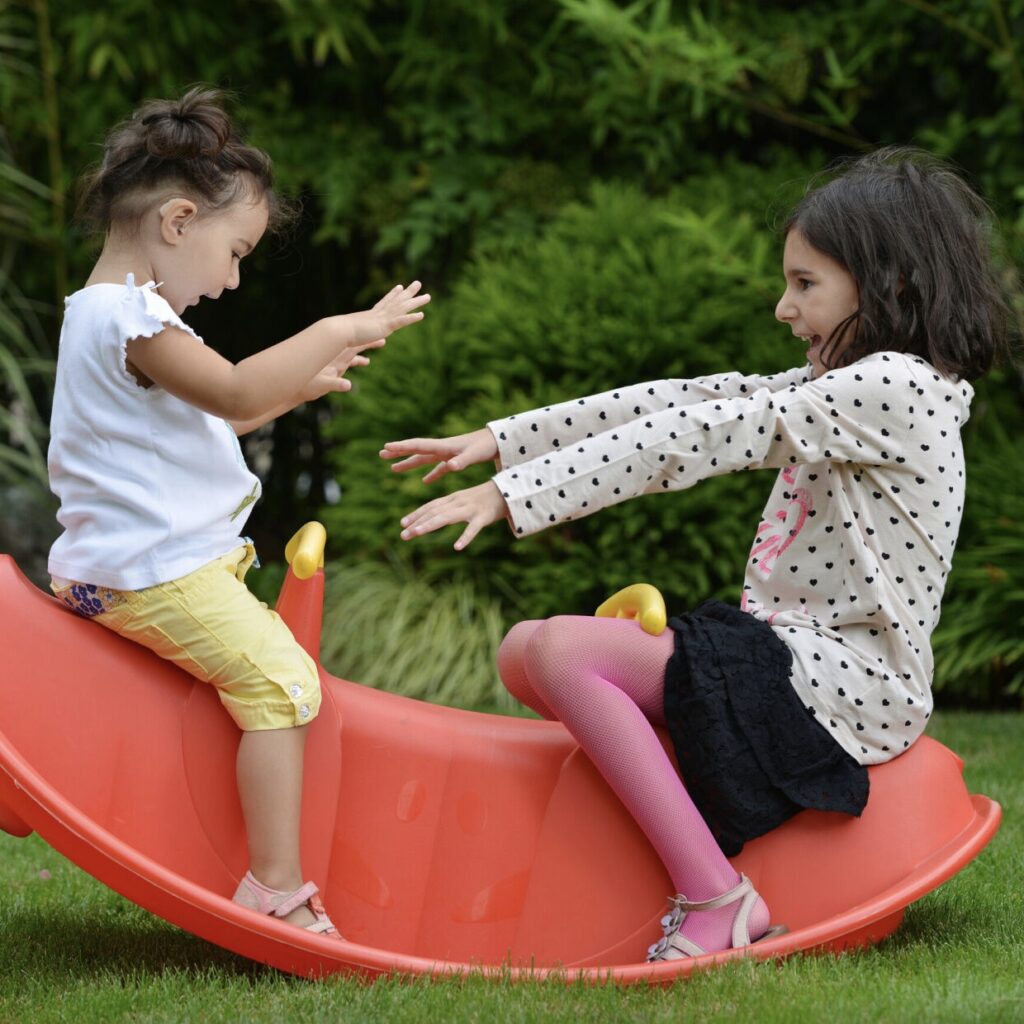
AI-powered Hearing Screening App for Young Children
Project lead: Jessica Monaghan
This smartphone app will revolutionise hearing screening in children aged 2-4 by using AI to analyse their speech, offering a quick and convenient at-home screening solution. Early detection enables timely interventions essential for developmental success.
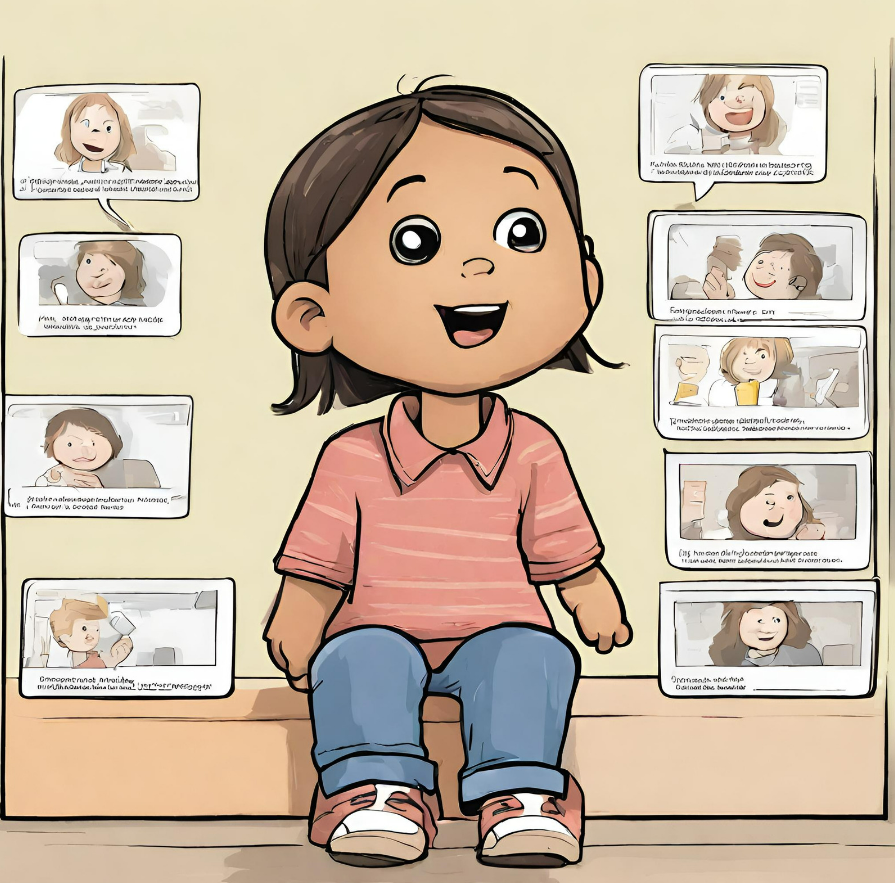
AI Powered Speech Clarity Assessment for Children
Project lead: Vicky Zhang
This AI-based transcription method assesses children’s speech clarity like humans do, making a faster and more effective evaluation, both in clinical settings and at home environments.
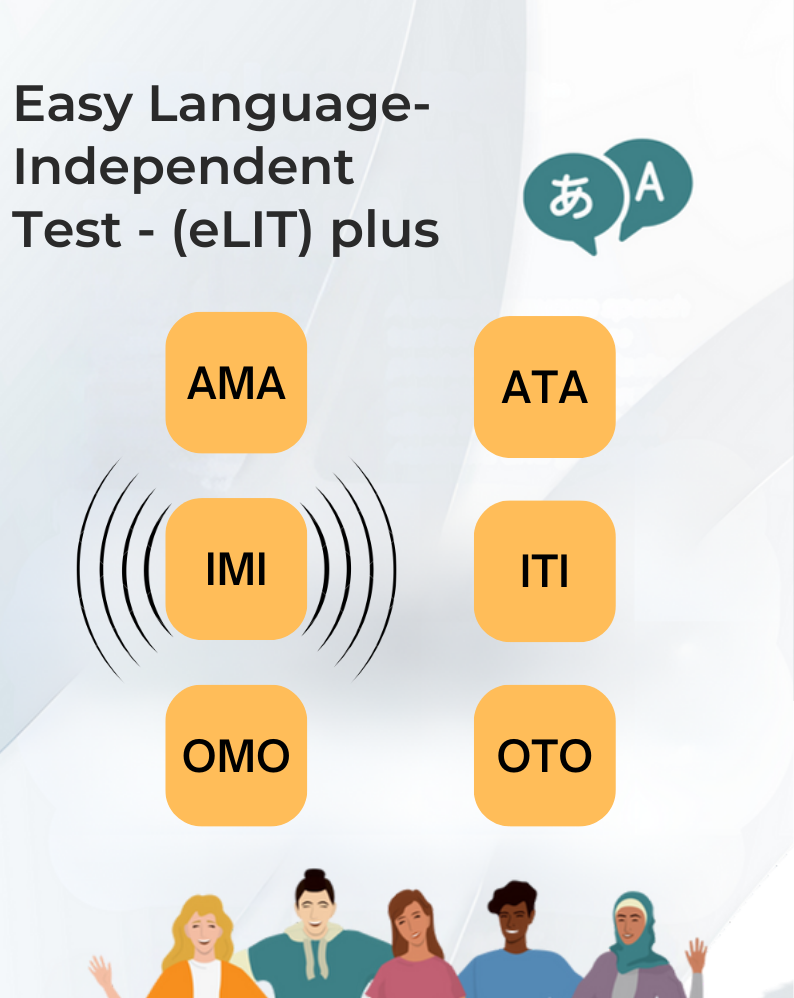
Easy Language Independant Speech Test Plus (eLITplus)
Project lead: David Meng
An AI-based, cross-language speech test that facilitates hearing aid adjustments and counselling, enabling a universal and accurate assessment for speech communication support across various linguistic backgrounds.
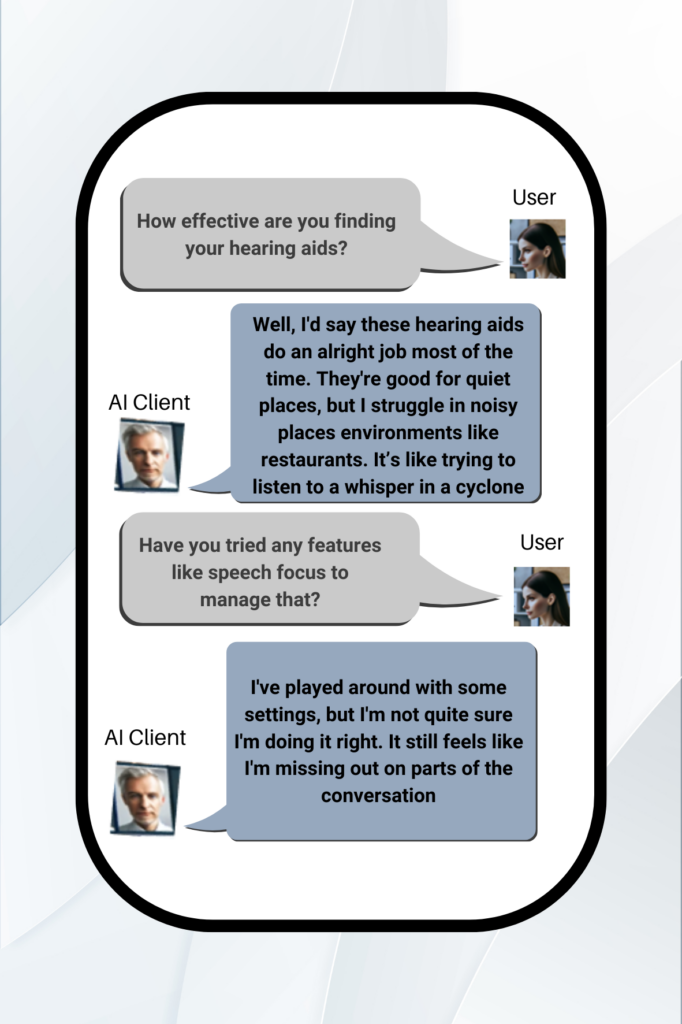
AI-Powered Hearing Insights Tool
Project lead: Nicky Chong-White
This platform leverages AI to create detailed personas representing diverse hearing loss experiences and simulates realistic conversations, improving understanding and empathy which directly impacts how professionals’ approach and deliver hearing care solutions.
